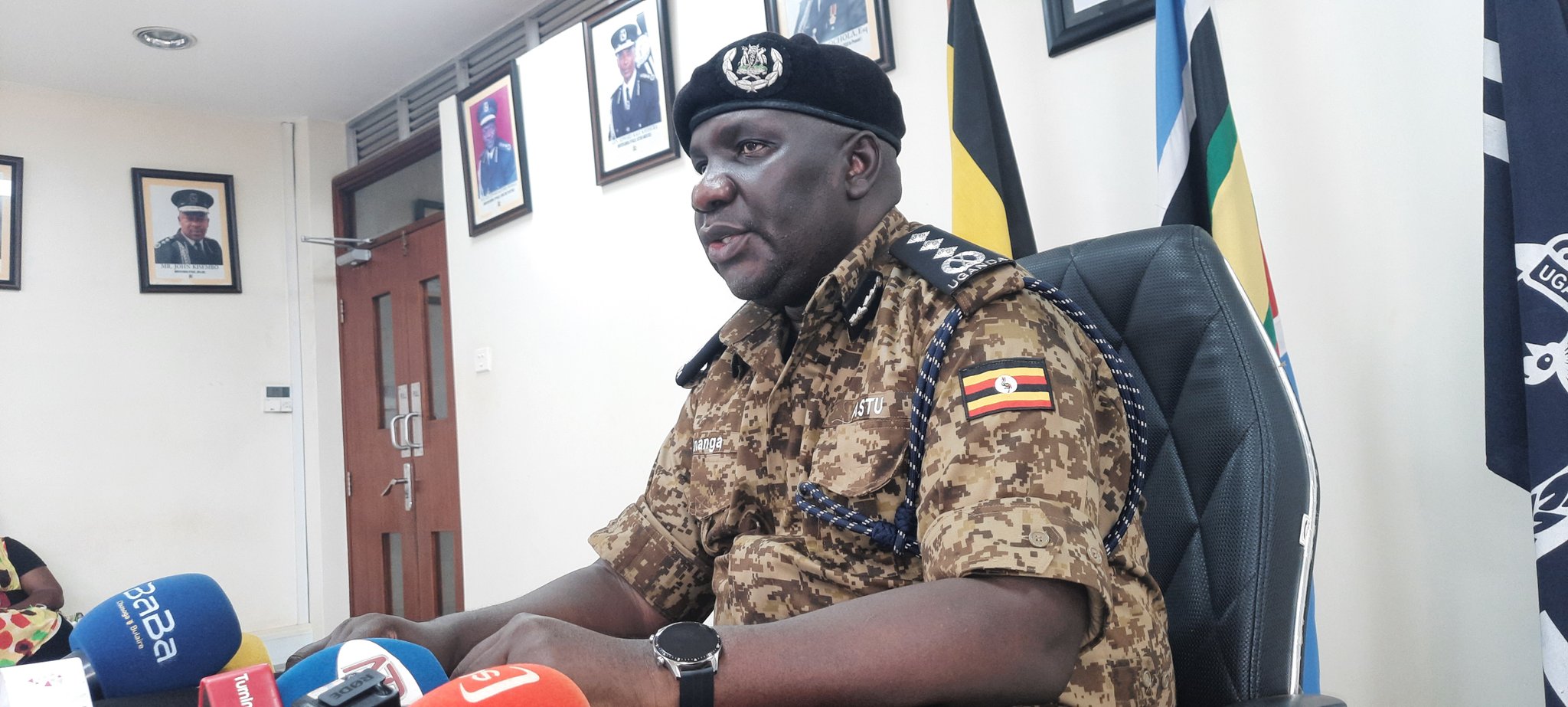Recent developments have brought to light significant progress in the fight against terrorism in the East African region, particularly with the apprehension of a fugitive associated with the Allied Democratic Forces (ADF). This article provides an extensive analysis of the arrest of Abdurazak Bahati, a suspected ADF member, and ongoing efforts by law enforcement to combat terrorism in Uganda. Through detailed examination and comprehensive coverage, we delve into the implications of these events and their broader significance in regional security.
Arrest of Abdurazak Bahati: Law enforcement agencies in Uganda have confirmed the successful apprehension of Abdurazak Bahati, a fugitive believed to be linked with the Allied Democratic Forces (ADF), a notorious rebel group operating in the Democratic Republic of Congo (DRC) and the border regions of Uganda. According to police spokesperson Fred Enanga, Bahati, aged 28, was captured last week in Rwenzori East and Mpondwe areas of Kasese District, following extensive surveillance and intelligence operations.
Bahati’s Background and Escape: Born and raised in the tumultuous region of eastern DR Congo, Abdurazak Bahati reportedly became involved with the ADF, a rebel group known for its insurgent activities and links to extremist ideologies. Escaping from the ongoing conflict in his homeland, Bahati allegedly crossed the porous border into Uganda, seeking refuge and anonymity in the country’s western regions. His involvement with the ADF, a group designated as a terrorist organization by both Ugandan and international authorities, raised concerns about potential security threats within Uganda’s borders.
Police Operation and Arrest: The successful arrest of Bahati is attributed to the diligent efforts of Uganda’s law enforcement agencies, particularly the Uganda Police Force, in collaboration with other security partners. Acting on intelligence reports and surveillance data, police authorities launched targeted operations in the Rwenzori region, known for its proximity to the volatile border with the DRC. Through coordinated efforts and strategic deployments, Bahati was apprehended without incident, marking a significant breakthrough in ongoing counter-terrorism initiatives.
Implications for Regional Security: Bahati’s capture carries profound implications for regional security and counter-terrorism efforts in East Africa. As a suspected member of the ADF, his arrest disrupts the operational capabilities of the insurgent group and sends a clear message of deterrence to other would-be militants. Furthermore, it underscores the importance of cross-border cooperation and information-sharing among regional stakeholders in combating transnational terrorist threats.
Continued Vigilance and Counter-terrorism Measures: Despite the successful apprehension of Bahati, security officials remain vigilant and proactive in their efforts to counter terrorism and safeguard public safety. Fred Enanga reiterated the commitment of law enforcement agencies to ongoing operations in the Rwenzori region, emphasizing the need for sustained efforts to root out remnants of the ADF and other terrorist elements. Through enhanced surveillance, intelligence-gathering, and community engagement initiatives, authorities aim to prevent future security breaches and maintain stability in the region.
Collaborative Approach and International Support: The arrest of Abdurazak Bahati exemplifies the effectiveness of a collaborative approach to counter-terrorism, involving close coordination between national and international security agencies. Uganda’s efforts to combat the ADF have received support from regional partners, including the Democratic Republic of Congo and neighboring countries affected by the activities of the insurgent group. Additionally, international organizations and donor countries have provided technical assistance and capacity-building support to strengthen Uganda’s counter-terrorism capabilities.
Conclusion: The arrest of Abdurazak Bahati represents a significant milestone in Uganda’s ongoing efforts to combat terrorism and enhance national security. By apprehending a suspected ADF fugitive, law enforcement agencies have demonstrated their resolve to confront extremist threats and maintain peace and stability in the region. Moving forward, sustained cooperation, proactive measures, and community engagement will be essential in addressing the root causes of terrorism and preventing its resurgence in Uganda and beyond.






